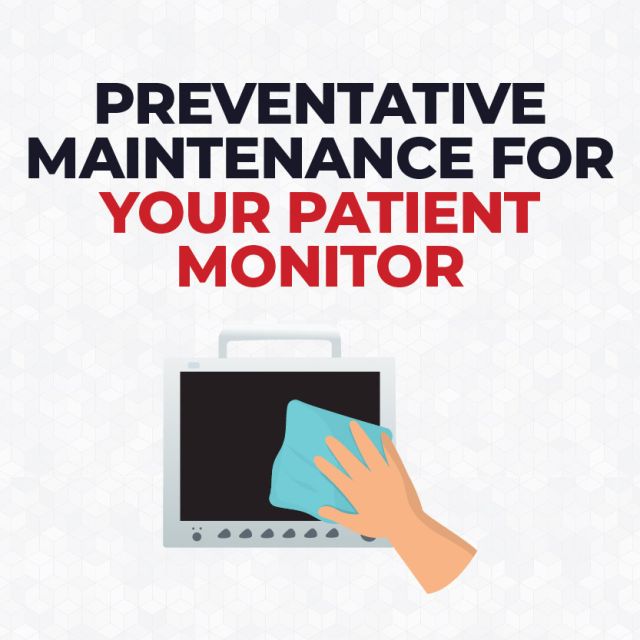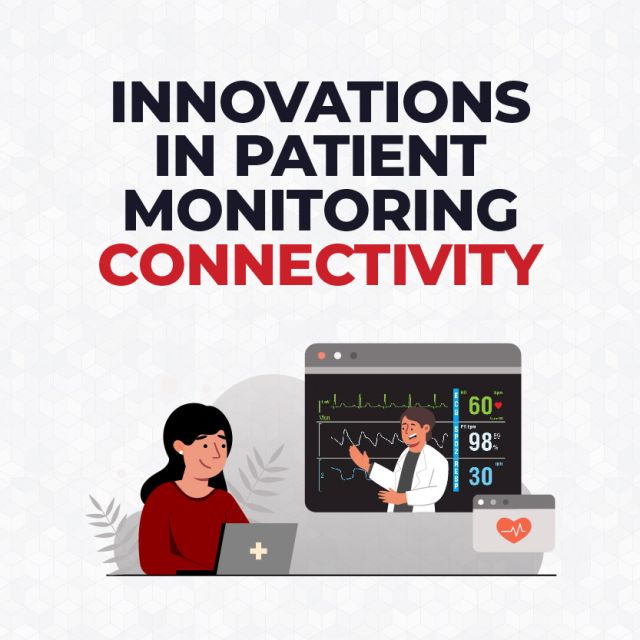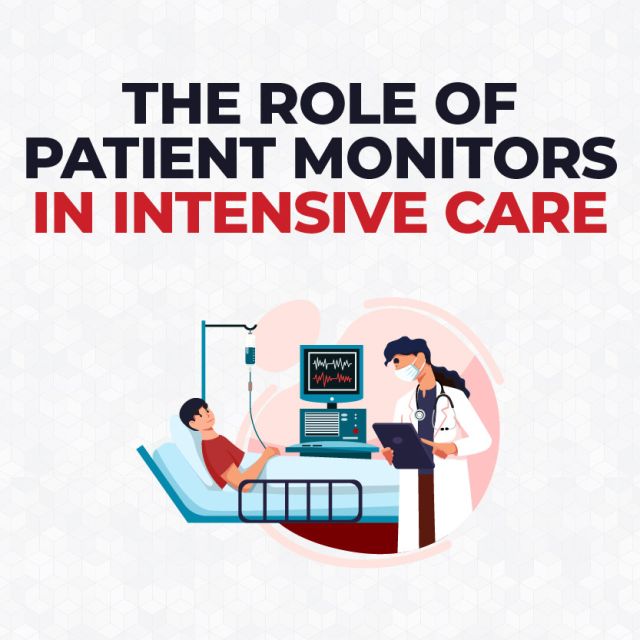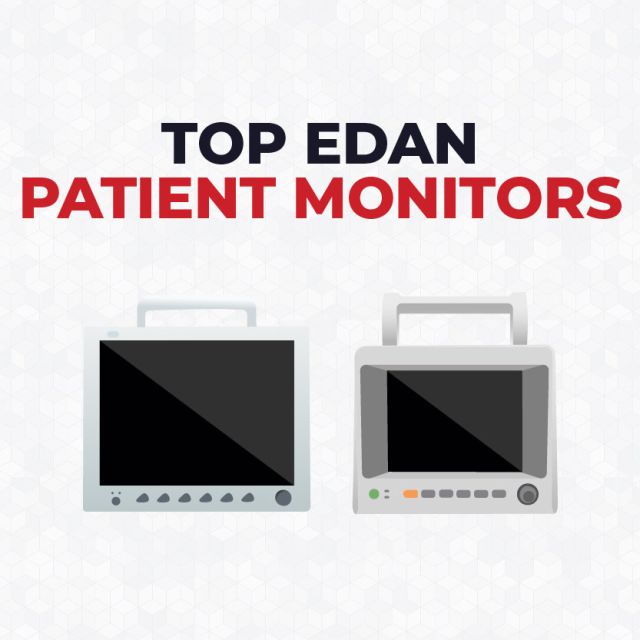What is a HIDA Scan?
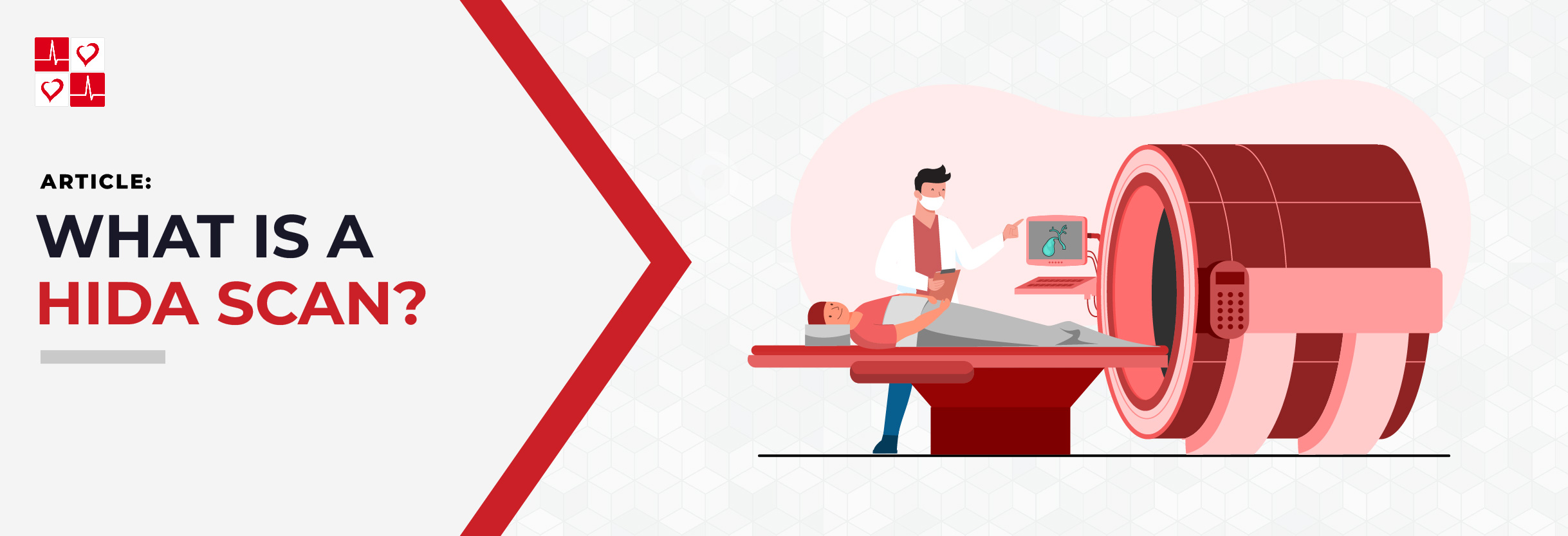
Overview of a HIDA Scan
A HIDA scan, or hepatobiliary imilodiacetic acid scan, is a safe and non-invasive imaging test used to diagnose problems with the gallbladder. Typically, the most common problem with the gallbladder is that it may not store or empty bile properly.
What is the Gallbladder?
The gallbladder is a small organ under your liver that stores bile. Bile is a fluid that helps your body digests fats.
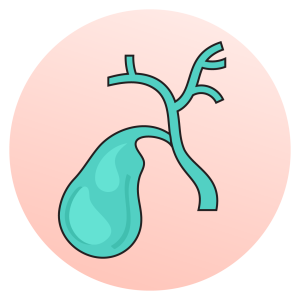
How Does a HIDA Scan Work?
The first step of a HIDA Scan involves the injection of a radioactive tracer into the patient’s arm. Next, the tracer then travels through your liver, gallbladder and small intestines.
Finally, a gamma camera detects the gamma rays and creates detailed pictures that show organ function.

How long does a HIDA Scan take?
A HIDA scan usually takes one to four hours. Afterwards, patients can typically resume to normal activities.
When Would I Need a HIDA Scan?
If you are experiencing any of the following symptoms, please call your healthcare provider to schedule a HIDA Scan.
- Severe abdominal pain, which may be caused by cholecystitis. This is the most common reason for needing a HIDA scan.
- Pain or fever following certain surgeries. Most common with gallbladder or upper gastrointestinal tract surgery or liver transplants.
- Severe jaundice in newborns. This could be due to biliary atresia, which is a life-threatening condition.
What can be diagnosed with a HIDA Scan?
Primarily, HIDA Scans are most often done to evaluate gallbladder health and function. HIDA scans may also help identify:
- Gallbladder Function: determine if the gallbladder is contracting properly and releasing bile
- Bile Duct Obstruction: blockages or obstructions in the bile ducts, which can lead to a backup of bile in the liver
- Bile Leakage: leaks or abnormal flow of bile from the bile ducts or gallbladder
- Biliary Atresia: a rare condition in infants where the bile ducts are absent or blocked, leading to bile flow problems.
- Cholecystitis: chronic inflammation of the gallbladder
- Post-cholecystectomy Syndrome: a group of symptoms that can occur after gallbladder removal surgery




